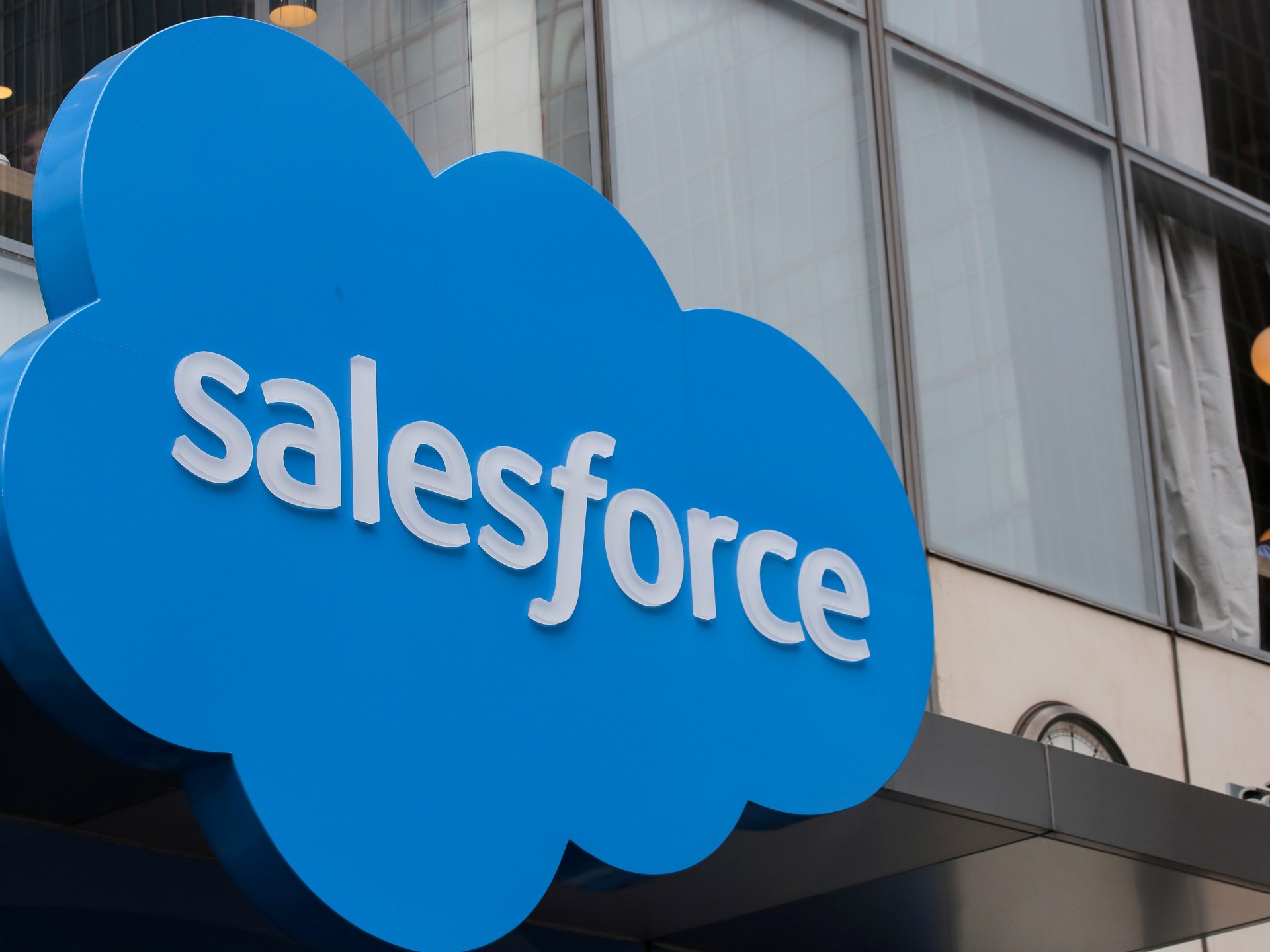As the tech giant doubles down on artificial intelligence, Salesforce has cut another 4, 000 jobs from its customer service team despite delivering solid financial results.
The customer service division at Salesforce saw its headcount drop from 9, 000 to 5, 000 as a result of the most recent layoffs. Currently, according to reports, AI agents are in charge of about one million customer conversations.
CEO Marc Benioff justified the cuts in a recent episode of The Logan Bartlett Show by saying he “needs less heads” because Salesforce invests heavily in AI throughout its operations.
After shedding 1, 000 people in February, Benioff claimed that AI was already completing 30% to 50% of the work, which he referred to as efficiency gains .
The Slack owner reported on Wednesday that revenue for the quarter ended on July 31 was up 10% over the same period last year. Additionally, the company announced a $20 billion stock buyback plan increase.
These results reflect the success of our customers, including those at Pfizer, Marriott, and the US Army, who are transforming into agent-centric businesses, where workers and AI agents collaborate to reimagine workflows, increase productivity, and deliver customer success, according to Benioff.
We delivered strong returns, increased operating margins, and added the most value for our customers and shareholders while meeting all of our financial goals for the 10th consecutive quarter.
However, the business software provider also predicted that client spending on its enterprise cloud products would drop below Wall Street expectations due to macroeconomic uncertainty and the company’s revenue decline.
Following the bell, the San Francisco, California-based business’ shares dropped by more than 4% in trading.
Despite seeing countless people lose their jobs, Benioff, whose annual salary was $55 million, has openly embraced automation as a pillar of Salesforce’s future. He calls the recent year of AI expansion “the eight most exciting months of my career,” insisting that the aggressive replacement of people with machines is worthwhile.
Salesforce does not recently do this. In early 2023, Benioff oversaw a large-scale layoff of 7, 000 workers, or 10% of the global workforce, but later that year, the , cloud computing triumvirate hired 3, 000 workers.
A contradictory message
“Just recently, [Salesforce] downplayed the threat to jobs that AI poses. Important questions are raised by the most recent action regarding sector trust. Tech consultant Waseem Mirza told Al Jazeera, “It’s very harmful and creates a climate of fear in the industry’s wider workforce.”
Benioff echoed that soft line in July, claiming that AI would “augment” rather than “augment” people. He doubled down on that assurance in a post on X just one day before the layoffs were announced.
Our agentic future is not predetermined. We diminish ourselves if AI takes the place of human judgment, creativity, and empathy, he wrote.
This sends a powerful message to the tech sector, which has experienced the most recent layoffs fueled by AI, and could cause a sector-wide copycat effect, Mirza said.
“We will see the disruption continue, and it is growing day by day.”
Salesforce is not the only one. In July, Recruit Holdings, the parent company of Indeed and Glassdoor, cut 1,300 jobs as a result of its AI shift. In the first quarter of this year, Krana fired 40% of its workforce. In April, Duolingo announced that it would no longer employ contractors and would instead use artificial intelligence.
These reductions can be understood as a means of maximising efficiency and ultimately shareholder value, according to “internally]at Salesforce.” However, there is a chance that when junior positions are cut too deeply, they could undermine their own future talent pool, which would be detrimental strategically, according to Fabian Stephany, assistant professor for AI and Work at the University of Oxford.
The industry is largely supportive of that concern. CEO of Anthropic, Dario Amodei, stated earlier this year to the media that AI could eliminate 50% of entry-level white-collar positions.
Between October 2022 and July 2025, workers in “highly exposed” fields saw a 13% relative decline in employment opportunities. The impact is even more amplified in particular in technology. According to new research from Stanford University, employment opportunities for software engineers have decreased by 20%.
Source: Aljazeera

Leave a Reply